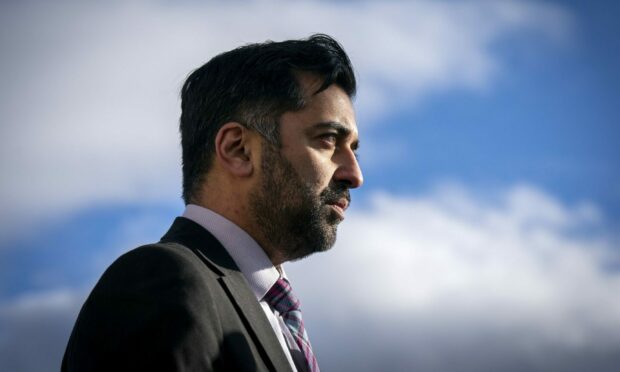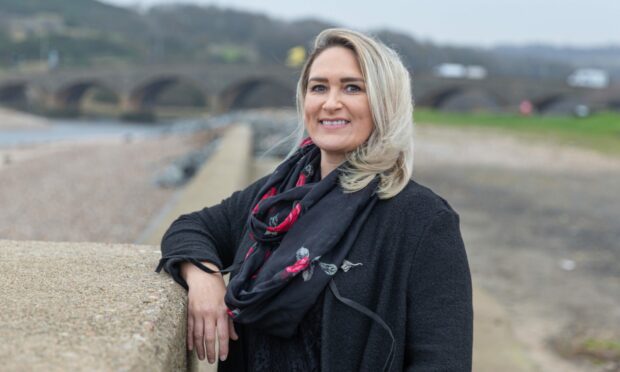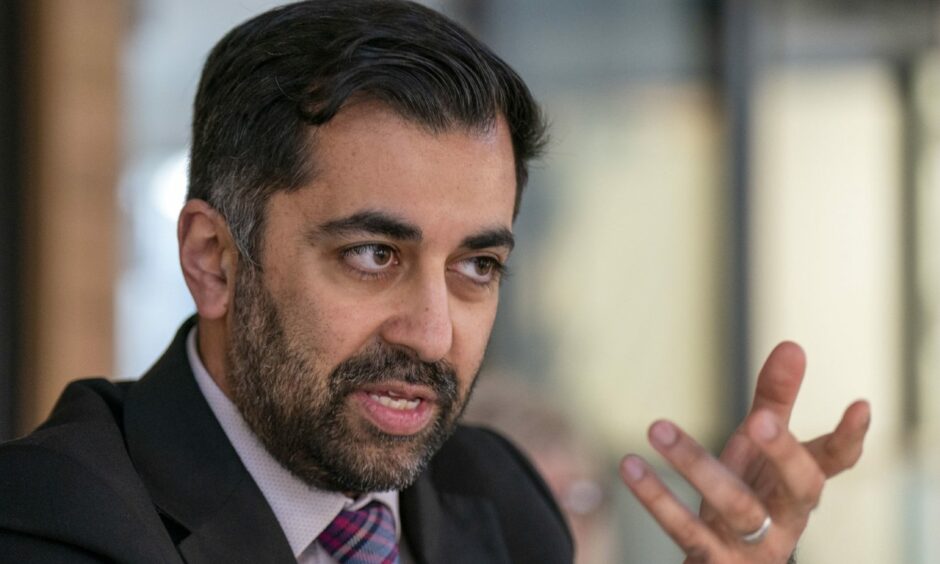Humza Yousaf has set out a package of measures to support rural communities – from boosting investment to tackling labour shortages.
The SNP leadership hopeful has promised increased economic investment and improved transport links across Scotland’s rural areas.
He also pledged to support proposals for a rural visa pilot to allow rural employers to recruit EU migrant workers, primarily for agriculture and hospitality work.
The Dundee-based health secretary’s commitment comes just a day after leadership rival Kate Forbes set out her pitch to tackle the lack of affordable homes in rural areas.
Mr Yousaf has also committed to:
- Boost community ownership of renewable energy to help communities off expensive off grid fuel.
- Back small businesses with a delay on the controversial Deposit Return Scheme and a review of regulation impacting smaller firms.
- Decentralise jobs in the Scottish Government, and other key public bodies, to create more employment opportunities in rural Scotland.
- Invest £25 million as part of his rural housing plan, which would see empty homes purchased, or long leased, and turned into housing for key workers and those who need affordable housing in rural areas.
But Rachael Hamilton, Tory rural affairs spokesperson, said the leadership candidates should instead apologise for the SNP’s appalling record” in standing up for rural areas.
She pointed to the “ferries scandal” and “snail’s pace progress” on dualling the A9 as evidence the SNP has “never been on the side of rural areas”.
The rural visa pilot, to tackle post-Brexit labour shortages in rural communities, was announced by the SNP government last year.
However, it has so far been rejected by the UK Government, who control immigration.
‘Irreparable damage’
The scheme is backed by SNP MSP Karen Adam said rural industries such as agriculture face “irreparable damage”.
She has written to Home Secretary Suella Braverman demanding she urgently introduce the visa scheme.
Tayside fruit farmers are among the industries who have spoken up about the pressures being faced by post-Brexit labour shortages.
One Angus-based business told The Courier in June that they had turned to Kazakhstan and Nepal for labour.
Ms Adam said: “The challenges facing rural Scotland are getting progressively worse and Westminster don’t seem remotely bothered – as the industries are having to battle the brutal impact of rising bills and a disasterous Brexit, on top of the Tory cost of living crisis.
“It is imperative that Westminster act now or industries like fishing, aquaculture, construction and agriculture will face irreparable damage.”
‘Empower’ rural areas
Speaking in Lanark on Monday, Mr Yousaf said his plans are a “win-win” for Scotland’s rural communities.
He said: “As Scotland’s next First Minister, I will empower our rural communities by working to expand and support the rural visa pilot to tackle the labour shortages caused by Brexit and I will work to deliver rural housing to tackle the trend of depopulation.
“I know that for many people, particularly younger people, finding somewhere to live in our rural communities is a real challenge.”
A UK Government spokesman said: “Immigration is a UK Government reserved matter and the points-based immigration system works in the interest of the whole of the UK.
“De-population in rural areas of Scotland can’t be remedied by immigration as rural areas may struggle to retain migrants for the same reasons as with the local population.
“Investment in jobs and infrastructure – which devolved administrations have powers to address – must be considered.”



Conversation